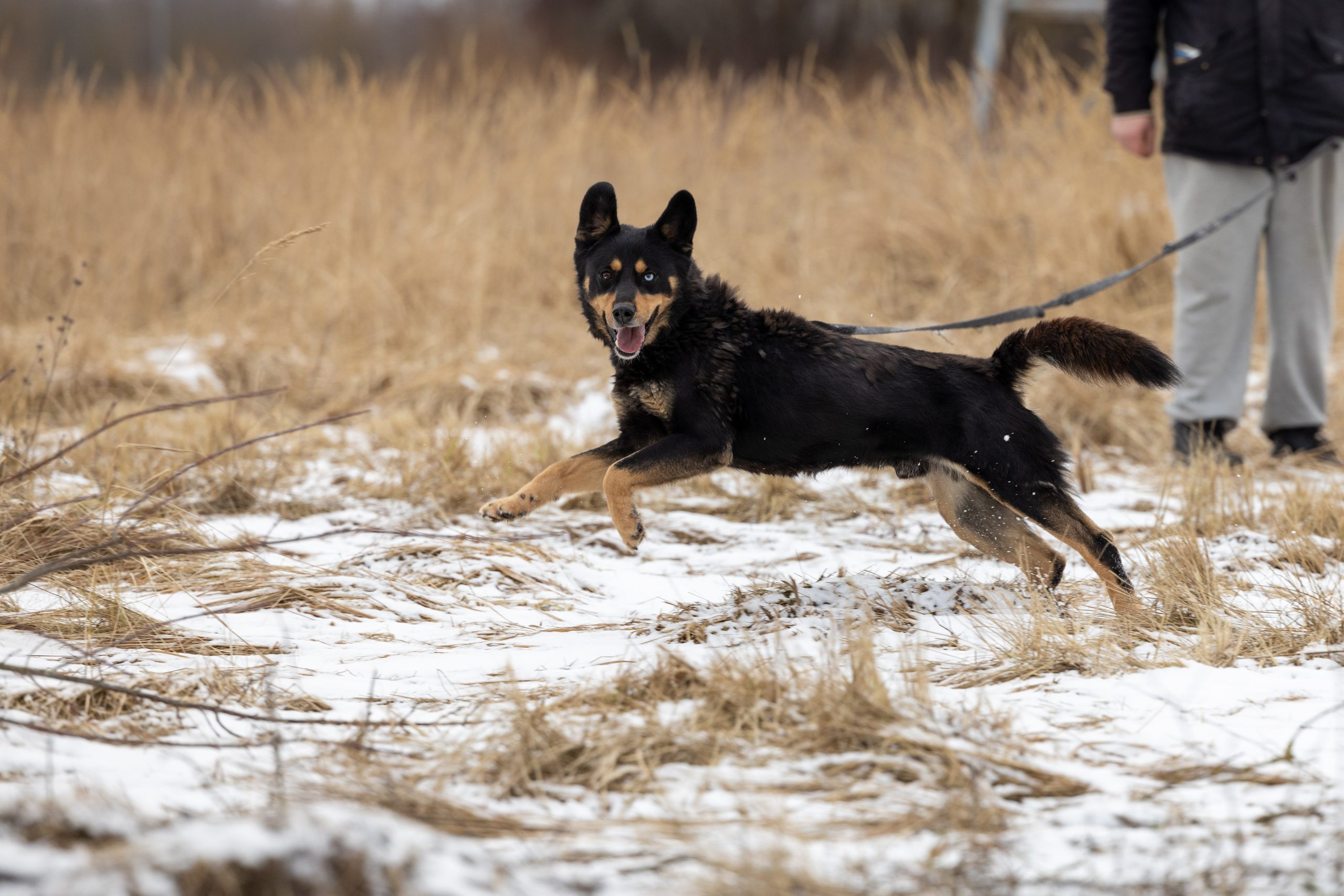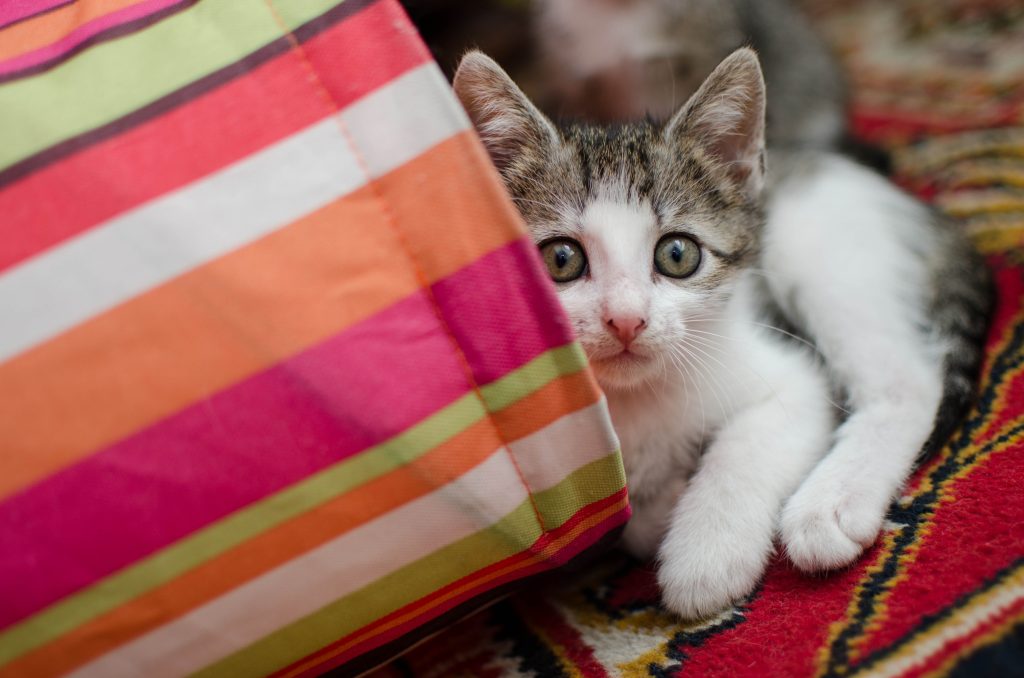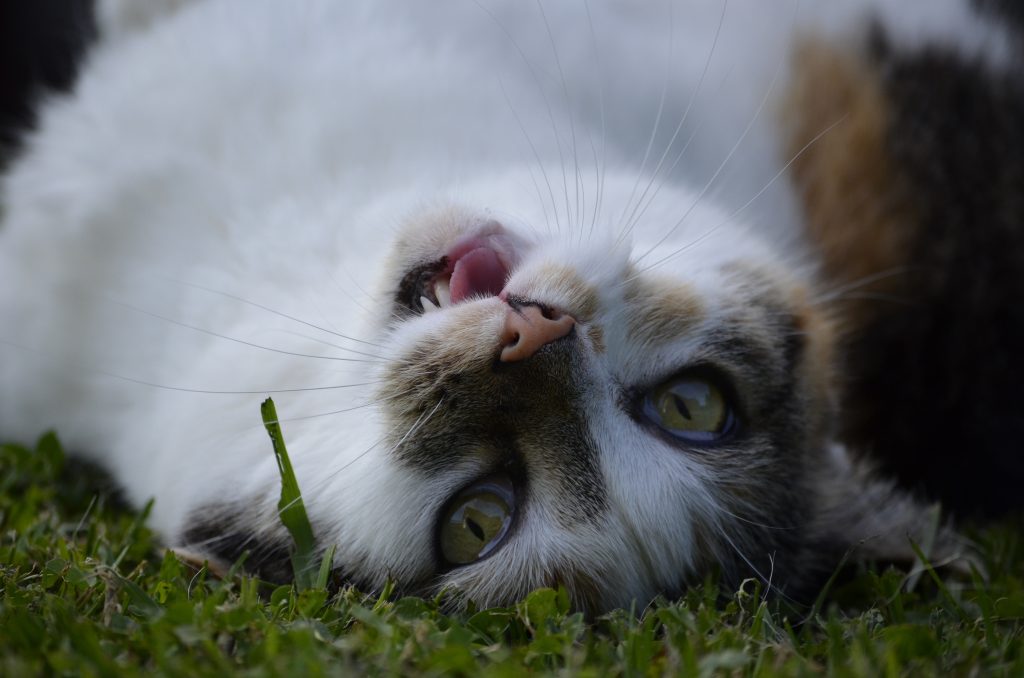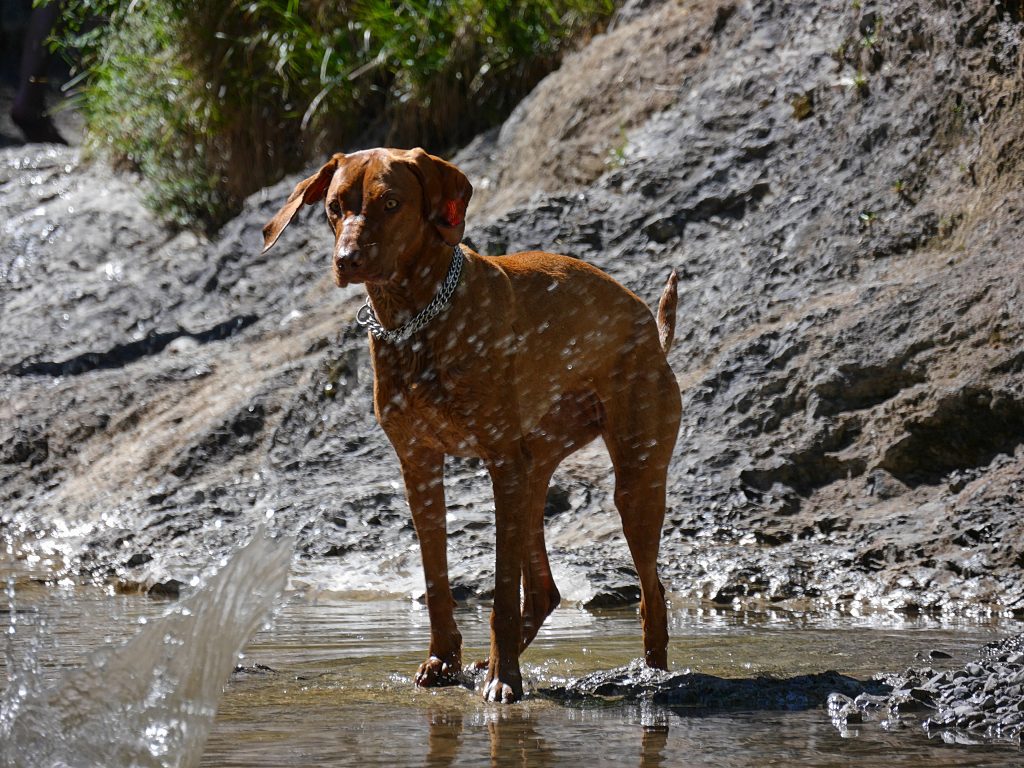For dog owners, few words dread as “parvovirus.” This highly contagious and potentially fatal viral disease has been a scourge of the canine world for decades. While preventable through proper vaccination, parvo remains a significant threat, especially for unvaccinated puppies and dogs. Understanding this insidious virus is crucial for responsible pet ownership and protecting our beloved four-legged companions.
What is Parvovirus?
Parvovirus, or parvo for short, is a virus that attacks the gastrointestinal system of dogs. It is an extremely hardy virus, capable of surviving in the environment for months or even years. Parvo is transmitted through direct contact with infected feces, as well as contaminated surfaces, food and water bowls, and even the hands, clothing, or shoes of people who have been exposed.
The viral particles can be unintentionally brought into a home, kennel, or veterinary clinic, putting susceptible dogs at risk. Once inside a dog’s body, parvo targets and rapidly destroys the cells lining the small intestine, as well as the bone marrow cells responsible for producing white blood cells, leaving the animal vulnerable to secondary infections.
Symptoms and Progression
The signs of parvo typically appear 3-10 days after exposure and can vary in severity depending on the dog’s age, immune status, and the strain of the virus. Common symptoms include Severe, bloody diarrhea,vomiting, lethargy,loss of appetite,fever and dehydration.
In puppies, the virus can also attack the heart muscle, leading to life-threatening complications. Without prompt treatment, parvo can quickly become fatal due to severe dehydration, electrolyte imbalances, and septic shock.
Advisable Treatment and Prevention
While there is no specific antiviral treatment for parvo, supportive care is essential for giving infected dogs the best chance of survival. This typically involves hospitalization, intravenous fluids to combat dehydration, anti-nausea medications, and antibiotics to prevent secondary bacterial infections.
However, the most effective way to protect dogs from parvo is through vaccination. Puppies should receive a series of parvo vaccinations starting at 6-8 weeks of age, with boosters given every 3-4 weeks until they are 16 weeks old. Adult dogs also require regular booster shots to maintain immunity.
Pet ownership also plays a crucial role in preventing the spread of parvo. Unvaccinated puppies should be kept away from areas frequented by other dogs until they have completed their full vaccination series. Owners should also practice good hygiene, such as regularly disinfecting food and water bowls and picking up after their dogs in public areas.
The Importance of Vaccination
While parvo is a serious and potentially deadly disease, it is also highly preventable through vaccination. Responsible pet owners should work closely with their veterinarians to ensure their dogs receive the appropriate vaccinations at the recommended intervals.
For those who adopt a puppy or adult dog with an unknown vaccination history, it is crucial to have them examined by a veterinarian and begin the appropriate vaccination protocol as soon as possible.
In conclusion, parvovirus is formidable for dogs and their owners. However, with proper vaccination, good hygiene practices, and vigilance, we can protect our beloved canine companions from this devastating virus. By understanding the threat posed by parvo and taking the necessary precautions, we can ensure our furry friends remain happy, healthy, and part of our families for years to come.
Nutritional needs to take care of while suffering from Parvo Disease
One of the biggest concerns with parvo is severe dehydration from vomiting and diarrhea. Intravenous fluid therapy is critical to replace electrolyte and fluid losses.
Parvo patients expend a lot of energy fighting the virus, so calorie intake is essential. However, with vomiting and lack of appetite, it can be difficult to get enough calories in. A highly digestible, low-residue diet is recommended.
Protein is important for intestinal repair and prevention of muscle wasting during the illness. Easily digested protein sources like eggs, cottage cheese, or chicken may be given.
Antioxidants like Vitamins C and E can help boost the immune system. Fresh foods like kiwi, berries, spinach, and carrots provide natural antioxidants.
Probiotics are very much needed. The intestinal lining is damaged by parvo, so probiotics can help restore beneficial gut bacteria. They are often added to the diet or given separately.
Medications like anti-nausea drugs like Cerenia may be prescribed to help control vomiting so the dog can consume more food and water.
Close veterinary supervision is required to slowly reintroduce food after the worst symptoms subside. Proper nutritional support gives the dog energy reserves to fight the virus. Nutritional deficiencies can hamper recovery.




 On demand visits for urgent issues 24/7
On demand visits for urgent issues 24/7 








